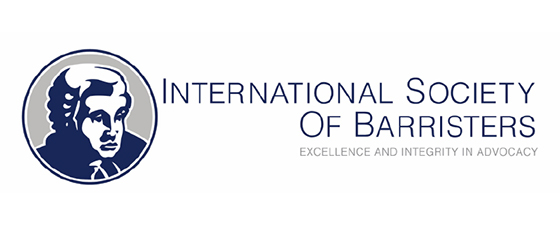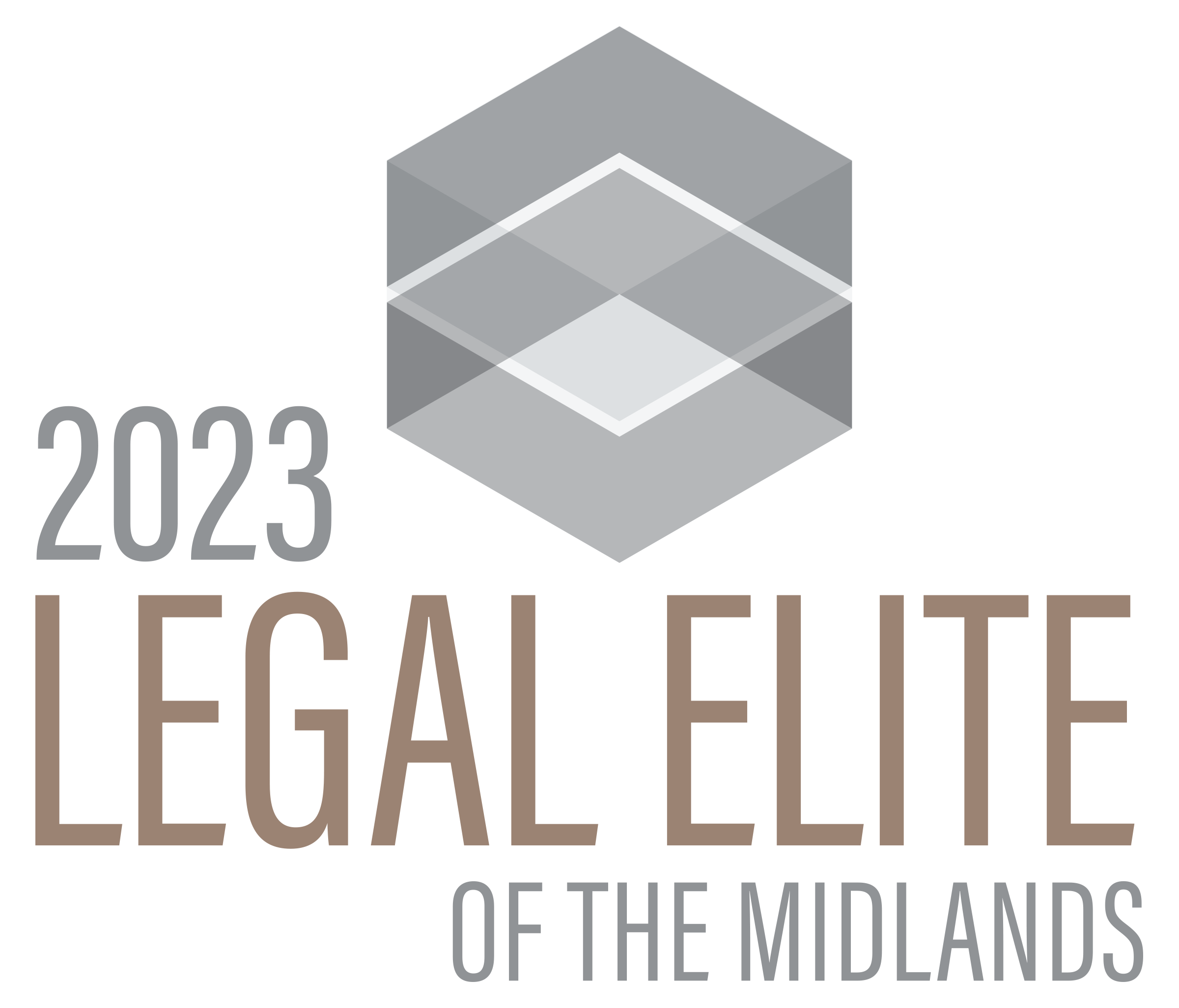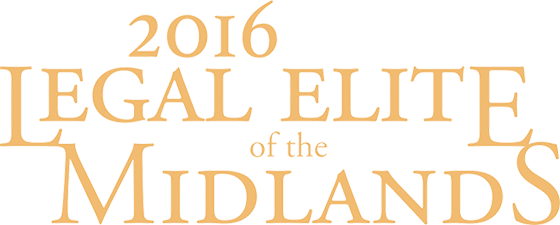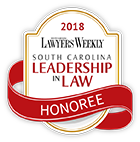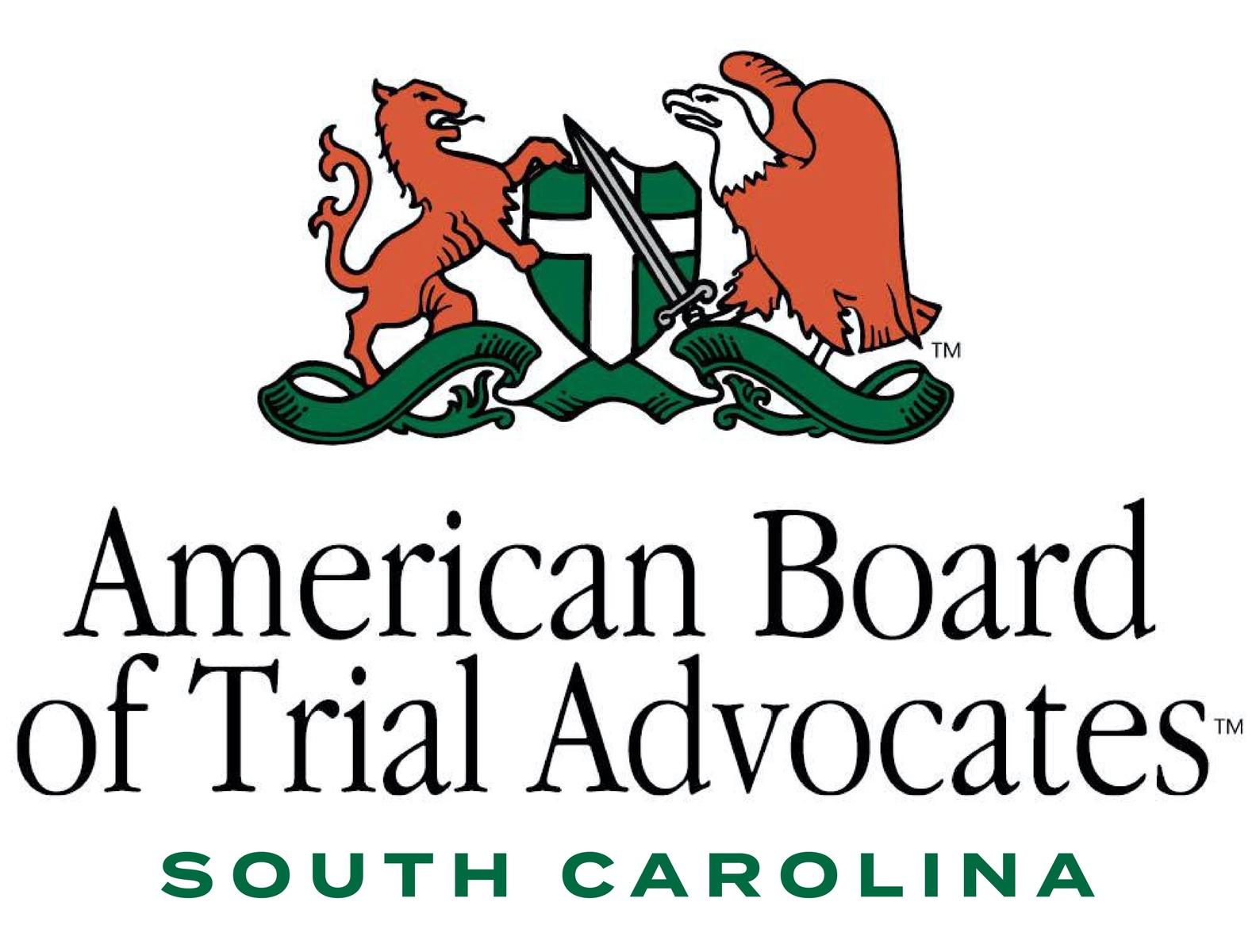
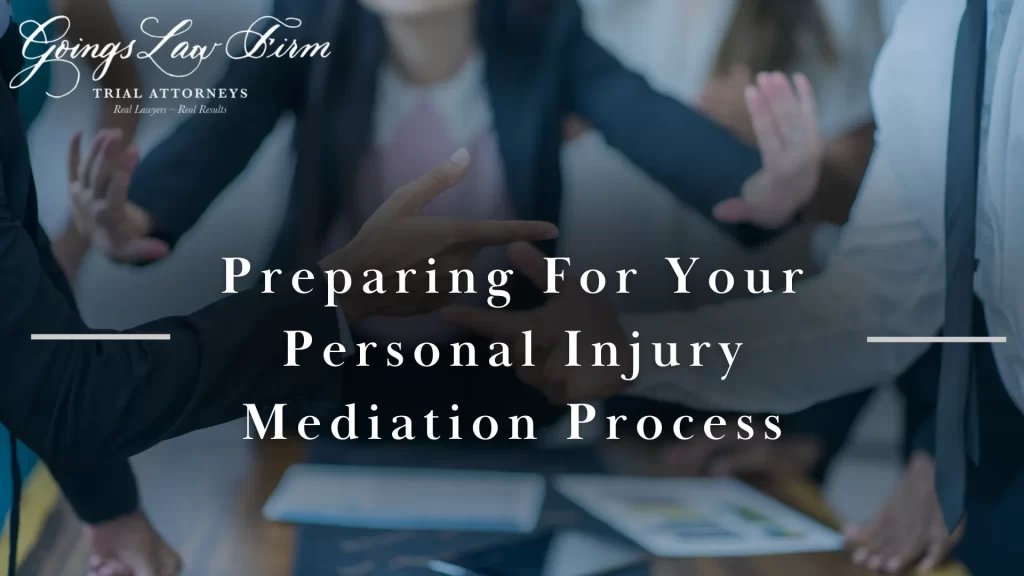
Are you struggling to resolve a personal injury claim? If so, mediation might be the answer. What should you know before mediation? Don’t know how to prepare for injury mediation? Our Personal Injury Mediation Preparation guide will help you understand what you need to know about the mediation process and how to prepare for it.
What Is Mediation?
Mediation is a process where people involved in a personal injury claim try to resolve a conflict with the help of a neutral third person called a mediator. This person does not decide who is right or wrong. Instead, they help both sides talk to each other to find a solution they can agree on. Mediation allows parties to resolve disputes in a way that can save time, reduce stress, and potentially keep relationships from deteriorating.
How Does Mediation Differ from Negotiation?
Many personal injury claims are resolved through negotiation, but mediation is different from negotiation because it involves an outside party (the mediator). In negotiation, the people involved talk directly to each other to reach an agreement. There is no mediator to guide the conversation or manage disagreements. As a result, some negotiations take a long time to resolve or never resolve at all.
How Does Mediation Differ from Litigation?
Mediation is also different from litigation. Litigation involves taking a personal injury claim to court, where a judge or jury makes a decision after hearing both sides. Litigation is usually more formal, takes longer, and can be more stressful because the parties have no input into the final decision. In mediation, the goal is to reach a voluntary agreement in a more relaxed setting without needing a judge or jury to decide the outcome.
Steps in the Mediation Process for Injury Cases
Mediation is an excellent way to resolve personal injury claims without going to court. This process involves several steps that aim to bring both parties to an agreement. How does mediation work? Here are the main steps in the personal injury mediation process:
1. Choosing a Mediator:
The first step in mediation is selecting a neutral third person to serve as the mediator. Both parties involved in the dispute must agree on this person. The mediator has special training in helping people resolve their disagreements. Their role is to guide the discussion, not to make decisions for the parties.
2. Preparing for Mediation:
Before the mediation meeting, each party prepares by gathering all the necessary documents and evidence related to the personal injury claim. They also consider what they want to achieve and weigh the strengths and weaknesses of the mediation to make the process go more smoothly.
3. Opening Statements:
The mediation session starts with opening statements. The mediator explains the rules and goals of the mediation. Then, each party has a chance to share their side of the story without interruption. This sets the stage for open and respectful communication.
4. Joint Discussion:
After the opening statements, the parties engage in a joint discussion with the mediator’s guidance. They talk about the issues and express their concerns. The mediator helps keep the conversation focused and productive, aiming to find common ground between parties.
5. Private Caucuses:
Next, the mediator might hold private meetings, or caucuses, with each party. In these private sessions, parties can speak more freely about their needs and the minimum terms they can accept. The mediator uses this information to work toward a solution that both parties can agree on.
6. Negotiation:
Based on the discussions and private caucuses, the parties start negotiating with the mediator’s help. They work on finding a mutually acceptable resolution to the injury claim. The mediator assists by suggesting possible solutions and helping the parties weigh the pros and cons of each option.
7. Agreement:
If the parties reach an agreement, the mediator helps them draft a settlement document that outlines the terms of the resolution. Before an agreement is reached, check your settlement offer for the settlement amount. Both parties should review this document, make any necessary changes, and then sign it, making the agreement official.
If the parties do not reach an agreement through mediation, they still have options. They can continue negotiating with or without the mediator, try another form of alternative dispute resolution, or proceed to litigation. This path can be longer, more stressful, and often more expensive than mediation.
Tips for Successful Personal Injury Mediation
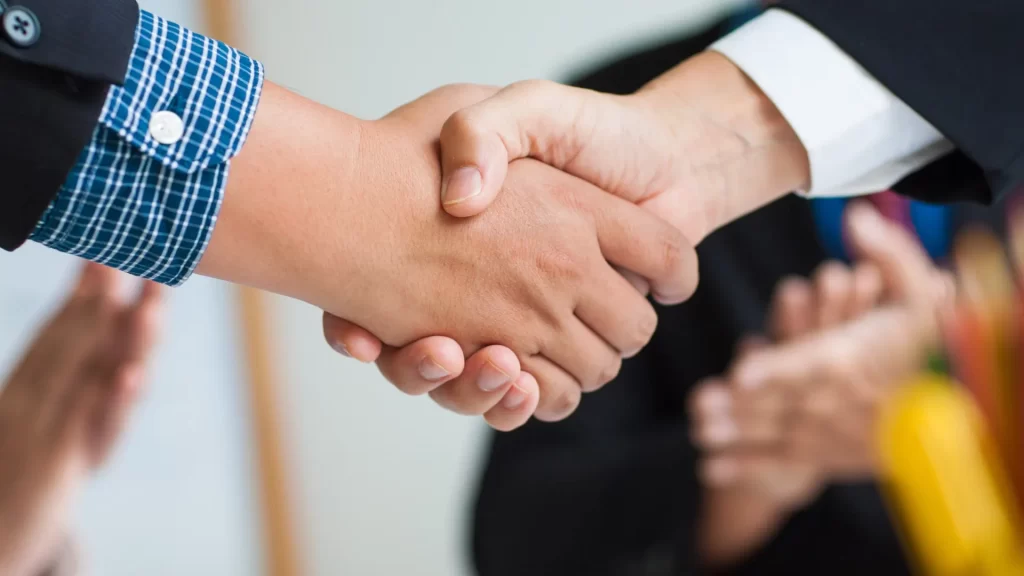 Successfully navigating the mediation process in personal injury cases often hinges on preparation, openness, and strategic communication. Below are some effective tips to increase the odds of a successful mediation outcome:
Successfully navigating the mediation process in personal injury cases often hinges on preparation, openness, and strategic communication. Below are some effective tips to increase the odds of a successful mediation outcome:
Prepare thoroughly.
Before beginning mediation, gather all necessary documents and evidence related to your personal injury claim. This includes medical bills, healthcare records, accident reports, and any proof of lost wages. Understanding the details of your case and having all relevant information at hand will empower you to present your case clearly and effectively. Good preparation also requires knowing what you want to achieve and outlining the minimum terms you’re willing to accept.
Choose the right mediator.
Selecting a mediator with experience in personal injury cases can significantly impact the outcome of the mediation process. A skilled mediator not only understands the legal aspects of personal injury claims but also knows how to facilitate negotiation and compromise between disputing parties. Make sure the mediator you choose has a good track record and is someone both parties will trust to remain neutral.
Keep an open mind.
Entering mediation with flexibility and a willingness to consider alternatives is essential. While you might have a clear idea of what you want, being open to creative solutions can lead to mutually beneficial outcomes you might not have considered. An open mind allows for more productive negotiations and increases the chances of reaching an agreement that satisfies everyone.
Communicate effectively.
Clear, direct communication is key during mediation. Do your best to express the concerns, needs, and reasons behind your position without becoming defensive or aggressive. Listening carefully to the other party can also provide valuable insights into their perspective and help you find common ground. Remember, mediation is about finding a solution that works for everyone, not winning an argument.
Focus on the future.
Instead of dwelling on past events or disputes, concentrate on finding solutions that will improve your situation moving forward. Mediation offers an opportunity to resolve the matter and move on with your life. Keeping your eyes on a positive outcome can motivate both parties to work toward a settlement agreement that honors the needs of everyone involved.
Contact an Experienced Personal Injury Lawyer Now
Don’t know what to do before mediation or before you reach a settlement? If our Personal Injury Mediation Preparation guide is unhelpful for your situation, our legal team can support your legal needs. Even if you’re aiming to resolve your claim outside of court, having a lawyer by your side is essential. At Goings Law Firm, LLC, our Columbia personal injury attorneys and car accident lawyers are committed to guiding you through the mediation process. We aim to help you to communicate effectively and work toward a fair resolution. Contact us online today or call us at (803) 350-9230 for a free consultation to learn how we can assist you.






